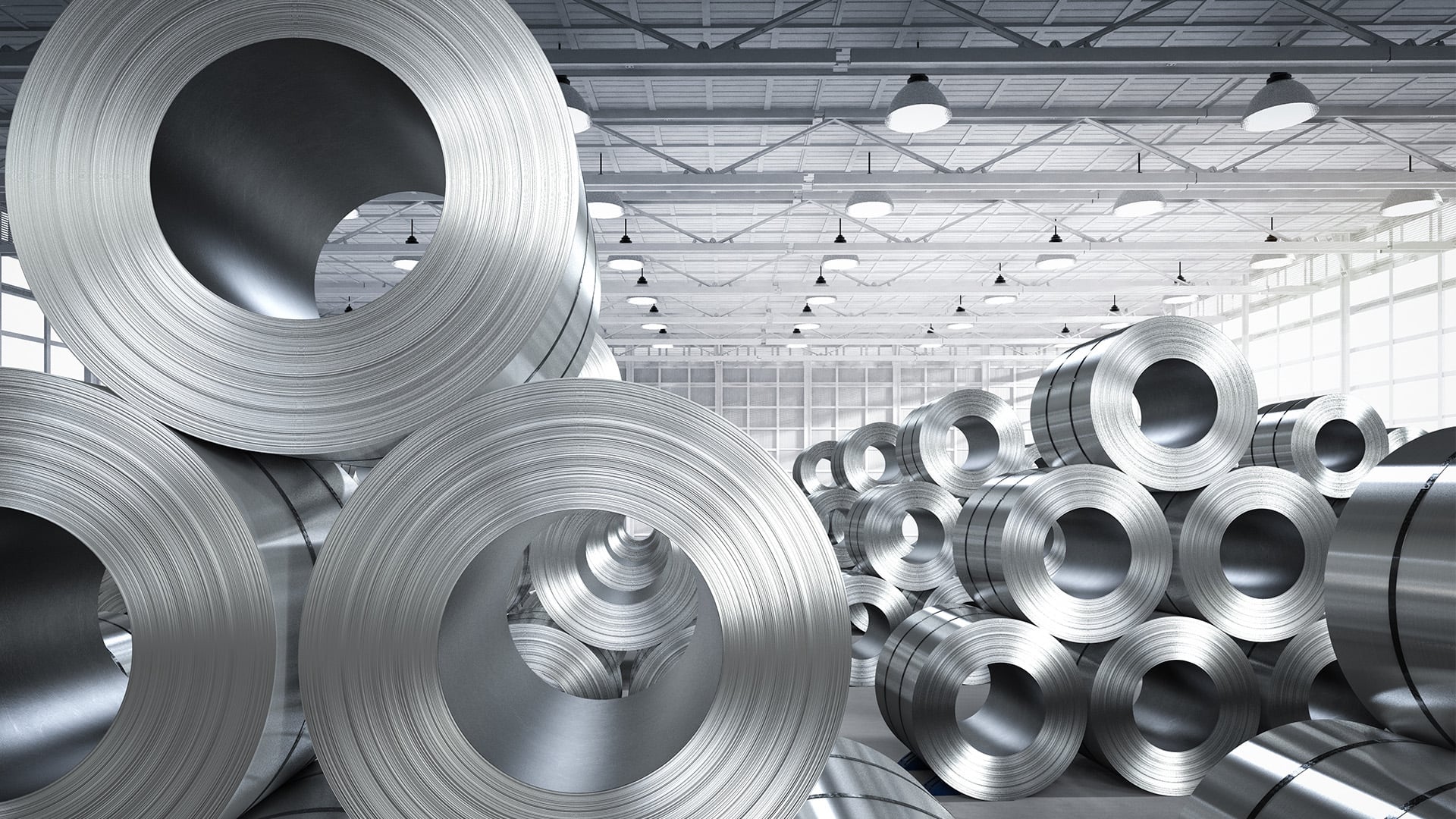Machinability can vary depending on the chemical composition, heat treatment history, and metallurgical properties of stainless steel. However, generally, the 300 series stainless steels often yield good results in terms of machinability. In particular, 304 stainless steel is a favorable choice for its excellent corrosion resistance. It is widely used in applications such as food processing, the chemical industry, medical device manufacturing, and many more.
However, machinability can affect the behavior of the material in processes like cutting, drilling, and welding. Therefore, it's important to select an appropriate type of stainless steel based on your application. Different types of stainless steel may be more suitable depending on your machinability requirements and application. Hence, consulting with a materials engineer or specialist can be beneficial in determining the most suitable stainless steel for a specific application.
